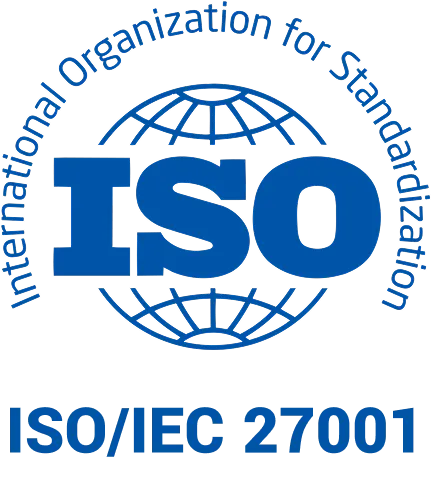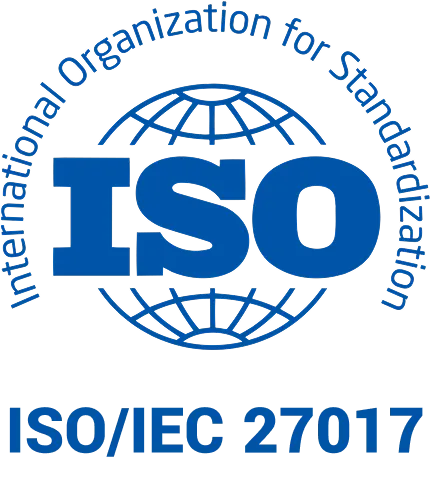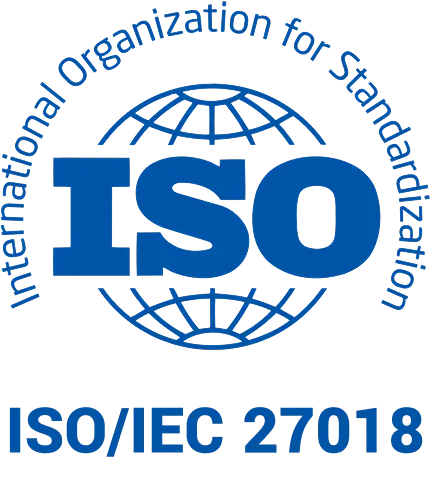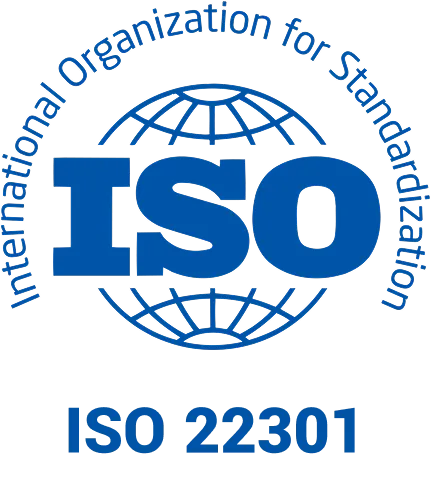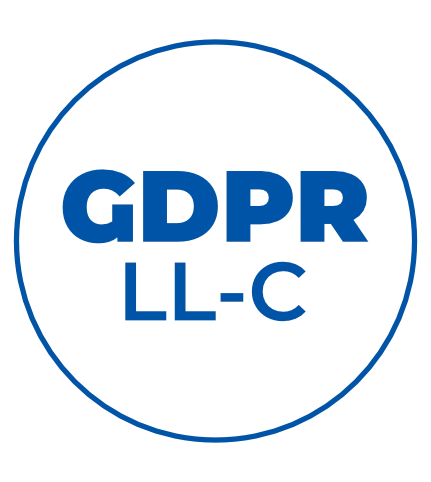
The whistleblower act – what does it contain?
The whistleblower act, or the bill on the protection of persons reporting irregularities, is a legal act aimed at implementing the EU directive of the European Parliament and Council. The bill submitted to the Sejm includes regulations on the protection of whistleblowers and reporting procedures designed to ensure anonymity and effective protection for those reporting legal violations.
Legal background and context
The directive of the European Parliament and Council (EU) 2019/1937 aims to protect individuals who report legal violations across the European Union. This directive imposes an obligation on EU member states to introduce appropriate regulations that ensure effective mechanisms for protecting whistleblowers. The deadline for implementing these regulations was December 17, 2021.
Despite the deadline passing, Poland has not yet introduced full regulations in line with the directive. These delays carry financial consequences, such as the risk of fines from the European Union, as well as legal issues arising from the lack of proper protection mechanisms.
The whistleblower act – main assumptions
Who is a whistleblower? A whistleblower is an individual reporting irregularities related to their employment, acting in the public interest and in good faith. Such a person may be exposed to retaliatory actions, such as bullying, denial of promotion, or bonuses. The whistleblower protection act aims to counteract these negative phenomena, providing whistleblowers with the ability to seek compensation or redress for harm suffered.
The procedures for reporting irregularities will cover both current and former employees, officials, professional soldiers, contractors, interns, and volunteers. These procedures must comply with the new regulations and include both internal and external reports. The new regulations are set to take effect three months after publication in the Journal of Laws, while the provisions related to external reports will come into force six months after publication. The new regulation aims to establish effective protection mechanisms for all individuals reporting legal violations within their professional duties.
The directive requires the implementation of specific protective measures to safeguard whistleblowers from the negative consequences of their reports, such as demotion, blocking promotions, suspension, or dismissal. It also provides for support for whistleblowers, including legal and psychological assistance, as well as facilitating communication with the relevant institutions. Additionally, the directive imposes an obligation on member states to introduce sanctions for individuals who obstruct the reporting of irregularities, engage in retaliatory actions, or violate the confidentiality of whistleblowers' identities.
How to report irregularities? Reporting procedure
Reports can be made through special, confidential reporting channels functioning within the office, specifically:
- By email to a dedicated address, in an encrypted file. The encryption key should be provided in person or by phone.
- By mail to the office address, with an appropriate note on the envelope indicating it is an irregularity report.
- In person or by phone to a designated employee. This employee documents the report in the form of a report card, protocol, or recording of the conversation.
- By placing a letter in the mailbox located at the entrance to the office. The box is emptied once a day, and a protocol is drawn up for this activity.
The report may be:
- Open, where the reporting person agrees to disclose their identity to those involved in investigating the report.
- Confidential, where the reporting person does not agree to disclose their identity, and their data is then kept confidential.
- Anonymous, where the identity of the reporting person cannot be determined.
The report should include:
- The reporting person's details, i.e., name, position, workplace (not applicable to anonymous reports).
- The date and place of the report.
- The details of the individuals who committed the legal violation, i.e., name, position, workplace.
- A description of the irregularities and their dates.
The report may also be documented with collected evidence and a list of witnesses. A template of the irregularity report form is attached to the procedure.
Whistleblower protection
The whistleblower protection act provides several protective measures for those reporting irregularities, such as anonymity, confidentiality of reports, and the right to protection against retaliatory actions. Whistleblowers are ensured legal and psychological assistance, as well as access to dedicated reporting channels.
Prevention of retaliatory actions
Employers are required to implement mechanisms to prevent retaliatory actions against whistleblowers. This includes protection against bullying and discrimination, as well as safeguards against demotion or dismissal. A whistleblower who has experienced retaliation can seek compensation or redress. Here, we can distinguish four main pillars:
- Dismissal or transfer to another position or department.
- Salary reduction and demotion.
- Being forced to take unpaid leave.
- Limiting access to training or other benefits.
In June 2024, the Senate completely excluded labor law violations from the whistleblower protection act.
Possibility of obtaining compensation or redress
Whistleblowers who have experienced retaliation have the right to compensation or redress for the losses incurred. Legal protection ensures that these individuals will not be exposed to negative consequences for their courage in reporting irregularities, aiming to increase safety and trust in the workplace.
The benefits of implementing the act
The implementation of the whistleblower protection act is responsible for improving law enforcement. The act enables more effective detection and elimination of irregularities, allowing institutions and businesses to operate in accordance with applicable regulations. By reporting violations, whistleblowers contribute to maintaining high ethical and legal standards.
Thanks to the act, the legal and financial risk for organizations is reduced. Employers who implement appropriate irregularity reporting procedures can avoid costly lawsuits and fines. Moreover, building trust in organizations is an important element, as whistleblowers feel safer knowing that their reports will be taken seriously and that they are protected from retaliation. This, in turn, leads to a healthier and more transparent organizational culture.
The main aspects of the act include whistleblower protection, irregularity reporting procedures, and sanctions. The act is significant for both employees, who can report irregularities without fear, and for employers, who must ensure safe reporting channels. The expected benefits are improved legal compliance and increased trust within organizations.





























